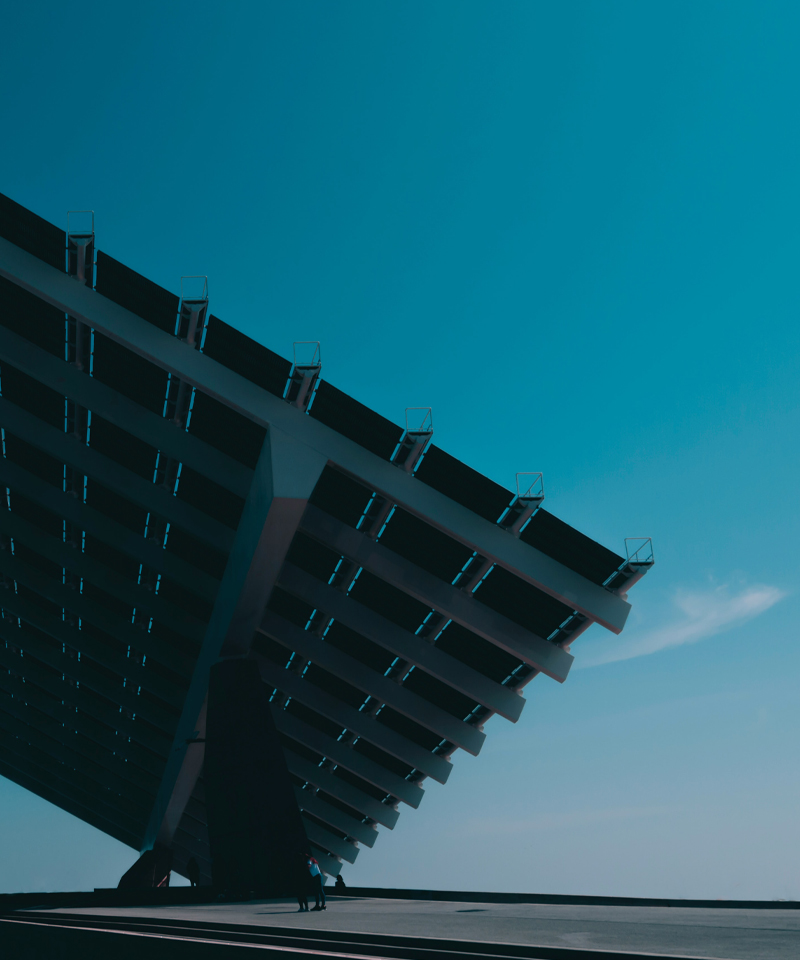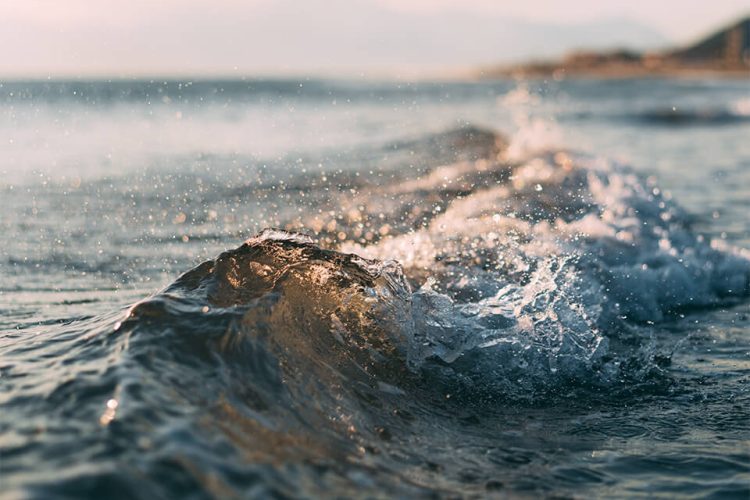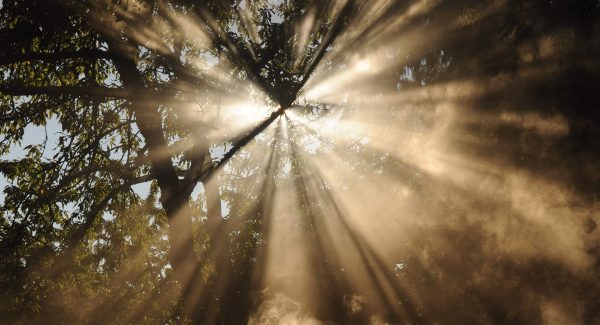Fuels used for transportation meet strict quality requirements
Carbon Rooster helps with advisory services and acts as broker in UER transactions.

Fuel Quality Directive (FQD) and Upstream Emission Reductions (UER's)
Fuels used for road transport in the EU have to meet strict quality requirements to protect human health and the environment and make sure that vehicles can safely travel from one country to another.
Common fuel quality rules help reduce greenhouse gas and air pollutant emissions, establish a single fuel market and ensure that vehicles can operate everywhere in the EU on the basis of compatible fuels.
The Fuel Quality Directive applies to petrol, diesel and biofuels used in road transport, gasoil used in non-road-mobile machinery.
The Fuel Quality Directive requires a reduction of the greenhouse gas intensity of transport fuels by a minimum of 6% by 2020. Member States are obliged to ensure that suppliers respect the target of 6% after the year 2020. The monitoring and reporting obligations relating to greenhouse gas emissions intensity also remain applicable after that date. Together with the Renewable Energy Directive, it also regulates the sustainability of biofuels.
Trading of UER's
In 2019 the EU has decided to maintain the rules for GHG reductions in the fuel sector and the reduction target remained 6% GHG reduction in transportation fuels.
Carbon Rooster BV has become a specialist in the UER trading to meet EU and memberstate requirements and has been broker for several UER deals.
In the EU there is a large patchwork as every memberstate may implement penalties under the FQD and this causes a very big price difference between the memberstates.
All memberstates have their own set of rules BUT must report to EU annually the compliance data.
Albert de Haan also acts as broker in UER transactions
Carbon Rooster BV also acts as broker in UER transactions (Upstream Emission Reductions).
“In 2021 we see upcoming interest in global carbon markets and new products. To meet the ambitions to make the world carbon neutral with in the next decades.”
Carbon Rooster will be your guide, advisor and broker to reach your carbon goals.





